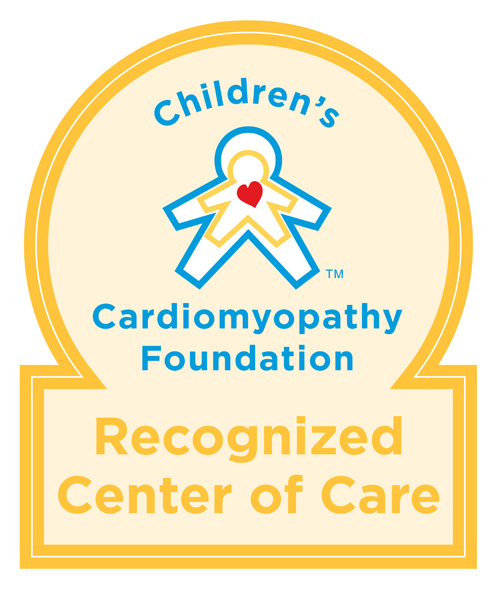by Matt Batcheldor
Vanderbilt University Medical Center was recently named a center of excellence for hypertrophic cardiomyopathy by the Hypertrophic Cardiomyopathy Association (HCMA), a nonprofit organization that provides support, advocacy and education to patients and health care professionals.
Hypertrophic cardiomyopathy (HCM) is the most common genetic heart disease, affecting about one in 500 people worldwide. It causes the heart to become abnormally thick and can lead to debilitating symptoms such as shortness of breath, chest pain and rhythm problems, including sudden cardiac death.
Vanderbilt’s Genetic Cardiomyopathy Program is now one of 42 centers of excellence in the United States, delivering comprehensive, lifelong care for HCM to children and adults and providing genetic counseling. The program’s service area includes five states.
“Hypertrophic cardiomyopathy can be life-threatening, but most patients can live a long life with excellent quality of life if they are followed closely and treated as needed with medications, devices, and sometimes interventional procedures and cardiac surgery,” said Marshall Brinkley, MD, assistant professor of Medicine and director of the HCM program. “The center of excellence status signifies that a program can come together to take care of the unique needs of patients and families with hypertrophic cardiomyopathy.”
Vanderbilt’s interdisciplinary care team works together to create an individualized treatment plan for each HCM patient to manage symptoms and maintain a healthy lifestyle. The program uses advanced cardiac imaging and genetics expertise for diagnosis, provides treatments to control heart rhythm and conducts procedures to alleviate symptoms, up to and including heart transplants.
“Our highest mission is to provide outstanding, comprehensive care to patients and families who are affected by HCM,” Brinkley said. “We are also dedicated to helping accelerate the discovery of new therapies and how to personalize them for each patient. Together with the commitment to train new providers in the field, those are the three motivating factors for creating the program here.”
An integral part of the program is the pediatric cardiomyopathy program at Monroe Carell Jr. Children’s Hospital at Vanderbilt. “The Children’s Hospital program is the only pediatric HCM center of excellence in the state of Tennessee and one of only a handful of such programs nationwide,” said Justin Godown, MD, assistant professor of Pediatrics.
Patients are often followed for life, from childhood to adulthood.
“It’s rewarding to be able to follow people, to catch their disease before it becomes severe, to be able to help them have a good prognosis and long life,” Brinkley said. “Since hypertrophic cardiomyopathy is genetic and often present in families, it’s important to provide care for the whole family.”
The HCM program is a central part of the broader initiative to consolidate and advance the care for all patients with genetic cardiomyopathy at VUMC.
“We are gratified by this new recognition as Center of Excellence,” said Lynne Stevenson, MD, Lisa M. Jacobson Professor of Cardiovascular Medicine. “It honors the unique collaboration and exceptional caliber of the multiple disciplines brought together here through the efforts of Dr. Brinkley and Dr. Godown.”
Stevenson came to Vanderbilt in 2017 after 24 years on the faculty at Harvard Medical School to become director of the program. The tri-partite mission for the Genetic Cardiomyopathy Program is to personalize cardiac care for affected patients and families, to advance scientific understanding of the pathways of genetic disease, and to train the next generation to enter this new field. The ongoing development of this program was made possible by the generous support for this vision provided by Cindy and David Wilds.

















